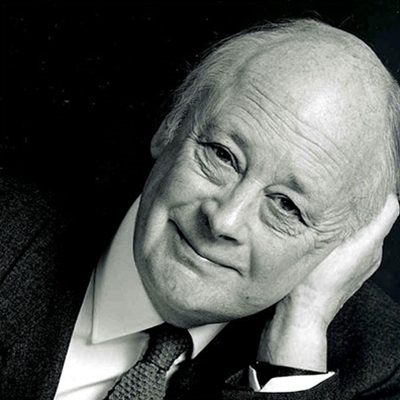To provide the best experiences, we use technologies like cookies to store and/or access device information. Consenting to these technologies will allow us to process data such as browsing behaviour or unique IDs on this site. Not consenting or withdrawing consent, may adversely affect certain features and functions.
The technical storage or access is strictly necessary for the legitimate purpose of enabling the use of a specific service explicitly requested by the subscriber or user, or for the sole purpose of carrying out the transmission of a communication over an electronic communications network.
The technical storage or access is necessary for the legitimate purpose of storing preferences that are not requested by the subscriber or user.
The technical storage or access that is used exclusively for statistical purposes.
The technical storage or access that is used exclusively for anonymous statistical purposes. Without a subpoena, voluntary compliance on the part of your Internet Service Provider, or additional records from a third party, information stored or retrieved for this purpose alone cannot usually be used to identify you.
The technical storage or access is required to create user profiles to send advertising, or to track the user on a website or across several websites for similar marketing purposes.
 Only four in 10 (42 percent) businesses focus on compliance training as part of their cybersecurity protocol to ensure sensitive data is kept secure, claims a new report from ESET and The Myers-Briggs Company. The paper reports that most worryingly, 63 percent rely predominantly on passwords. According to the Cyberchology paper that investigates the link between personality types and vulnerabilities to cybercrime, cybersecurity should be on every boardroom’s agenda. More →
Only four in 10 (42 percent) businesses focus on compliance training as part of their cybersecurity protocol to ensure sensitive data is kept secure, claims a new report from ESET and The Myers-Briggs Company. The paper reports that most worryingly, 63 percent rely predominantly on passwords. According to the Cyberchology paper that investigates the link between personality types and vulnerabilities to cybercrime, cybersecurity should be on every boardroom’s agenda. More →











 New research from Aon, claims that flexible benefits programmes continue to be popular within organisations, despite communication challenges and a potential impact from 2018’s
New research from Aon, claims that flexible benefits programmes continue to be popular within organisations, despite communication challenges and a potential impact from 2018’s 



















August 14, 2019
The endless hunt for the office of the future 0
by Mark Eltringham • Comment, Workplace design
More →